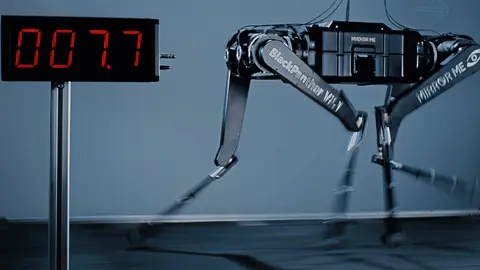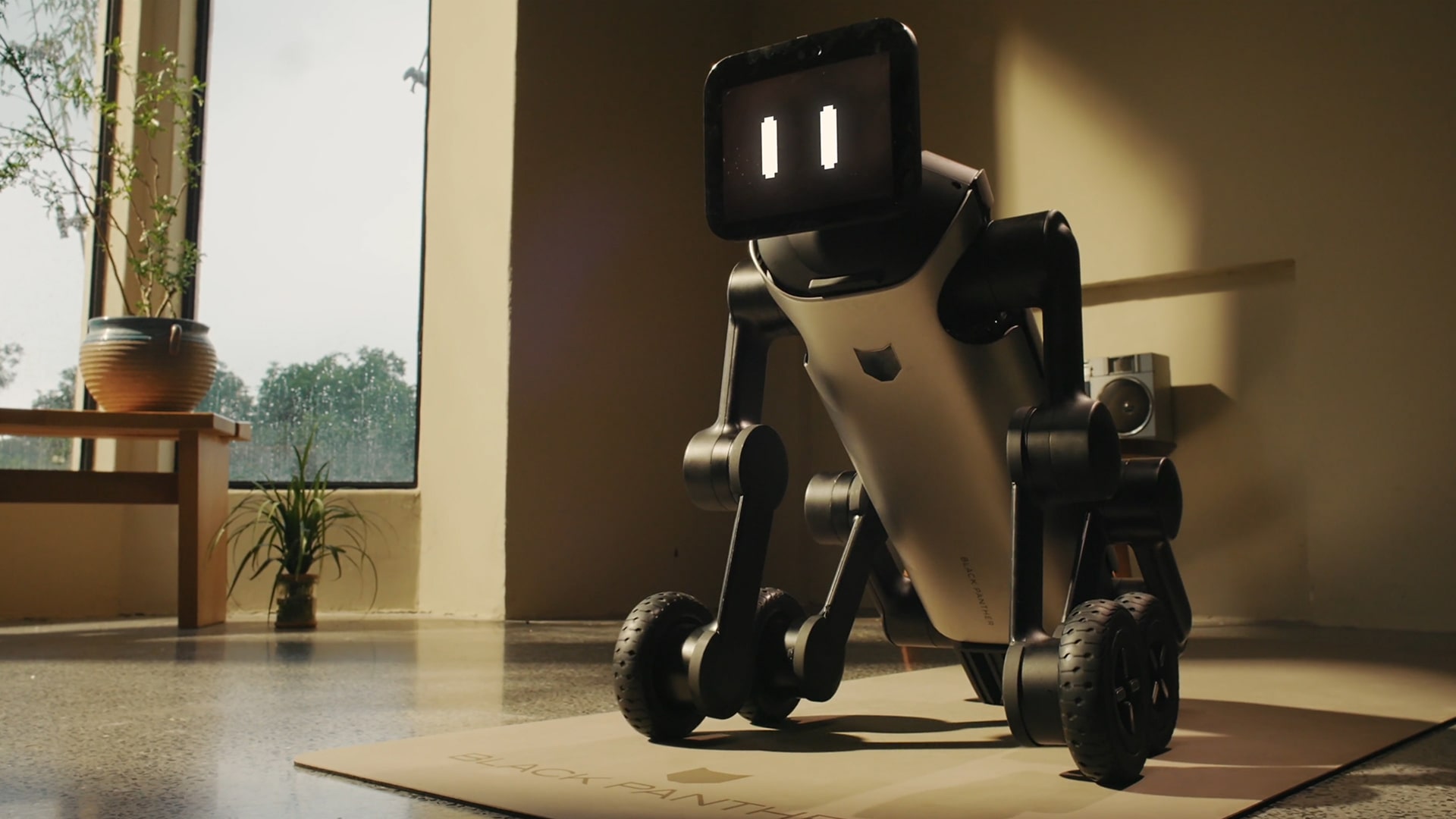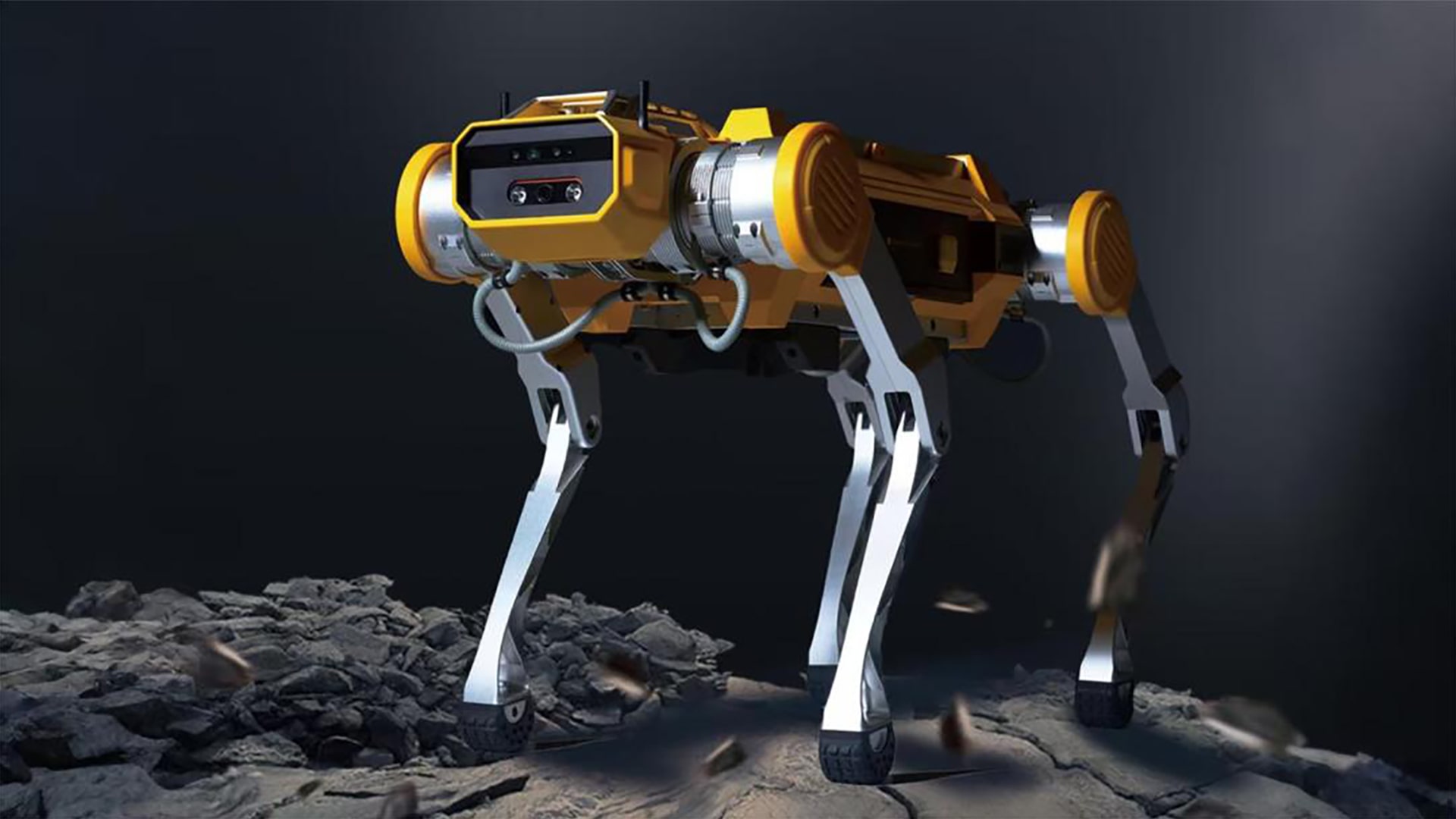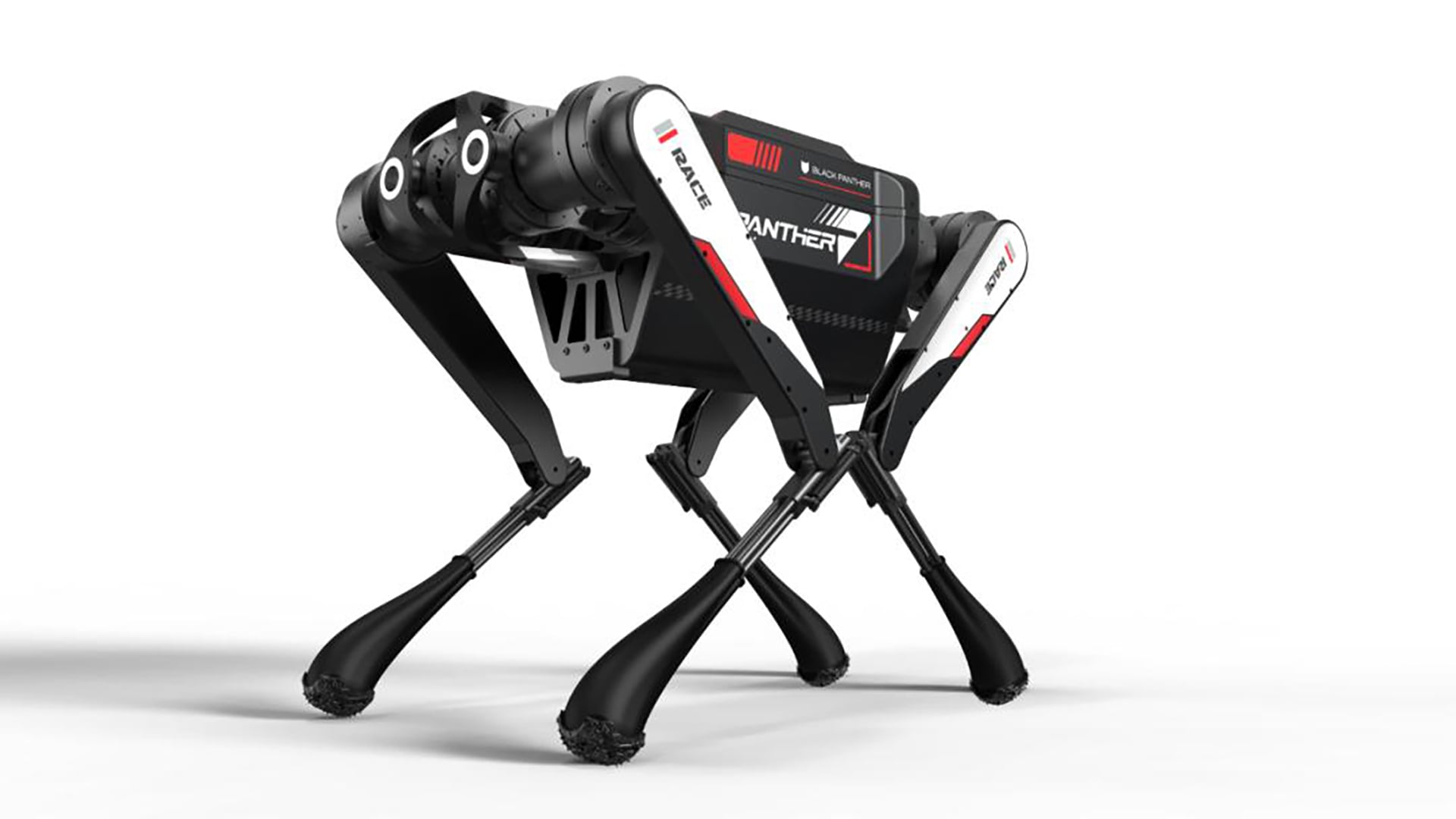Mirror Me, a Shanghai-based robotics company, has completed a Series A funding round led exclusively by Ivy Capital, raising an eight-figure RMB sum. The proceeds will support R&D, iterative upgrades, and the acceleration of mass production and market delivery for both consumer-grade and industrial-grade robots. The company previously received investment from Hongrun Times Technology, a subsidiary of Hongrun Construction Group, and from Kaierda.
Founded in May 2024, Mirror Me focuses on breakthroughs and real-world applications of embodied intelligence, specializing in the manufacturing and performance optimization of general-purpose robots. Its founder and CEO, Wang Hongtao, is an alumnus of Tsinghua University and Harvard University and currently serves as a professor at Zhejiang University.
The company’s core team includes experts from leading embodied intelligence firms, internet companies, and consumer electronics manufacturers, bringing nearly a decade of combined experience in robot dynamics analysis, controller design, and hardware-software integration.
Breaking the speed record
In early 2025, six months after its founding, Mirror Me attracted industry attention when its Black Panther 2.0 quadruped robot reportedly set a world speed record of 10.9 meters per second. The performance was said to surpass Boston Dynamics’ WildCat, which had held the record for more than a decade, bringing quadruped robot speeds closer to that of human sprinters.

The embodied intelligence field has seen a surge of startups moving ideas from the lab to the market, applying advances in algorithms, bionic design, and multimodal interaction to create functional systems for use in industrial inspection, emergency response, and, more recently, consumer-focused areas such as companion robotics.
Mirror Me currently offers three products:
- Baobao, a consumer-grade companion robot.
- Apollo, an industrial-grade quadruped robot.
- Black Panther 2.0, a high-mobility quadruped robot.
Baobao, Mirror Me’s flagship product for 2025, is described by the company as the world’s first dual-form robot. Built for adaptability, it can transition smoothly between humanoid and quadruped modes, enabling it to move efficiently across various home environments.
In quadruped form, Baobao can walk and follow users through living rooms or bedrooms, providing mobile companionship. In humanoid form, it can sit at a table and interact during study sessions, maintaining agility and a comfortable human-robot interaction distance.
“The consumer market demands three traits from a robot,” Wang told 36Kr. “It must be highly integrated by combining cameras, sensors, and speakers. It must feel natural in daily life, and it must be truly intelligent. A robot is the perfect vessel for these features, but the real challenge lies in how we design its form and define its use cases.”

Baobao’s hardware embodies that philosophy. Its gesture recognition interface is reportedly designed to minimize sensor interference for more precise motion detection, while its head display shows expressive facial animations and visual feedback to enhance emotional connection. The result is a practical, emotionally attuned robot suited to diverse scenarios.

In the industrial sector, robotics is trending toward greater terrain adaptability, endurance, and payload capacity. Mirror Me aligns with this shift through its Apollo quadruped robot, built for tasks such as power line inspection, emergency rescue, and factory operations. The system is designed to address persistent challenges in industrial robotics, including limited terrain adaptability, short battery life, and high maintenance costs.
Apollo delivers up to five hours of operation, or four hours under a full payload of 20 kilograms. It can traverse unstructured environments such as staircases or rubble fields, bridging gaps left by wheeled or tracked systems. The robot supports over 140 kilograms when stationary and more than 40 kilograms while walking, and it remains operational in extremely low temperatures. Its modular design simplifies maintenance, reduces downtime, and aligns with industrial demands for cost efficiency and reliability.

Meanwhile, balancing speed and stability has long been a technical hurdle in high-mobility legged robotics. Black Panther 2.0, which broke Boston Dynamics’ longstanding record, is now being tested for use in specialized operations and emergency response.

According to 36Kr, Mirror Me is also pursuing a project that aims to surpass human motion and manipulation capabilities within three years. Initial applications are planned for hazardous environments, followed by industrial and household settings.
While industrial clients face lengthy procurement cycles and strict certification requirements, the consumer market emphasizes affordability and clear functionality. Globally, most firms remain focused on lab demonstrations and pilot projects. In contrast, Chinese robotics companies have seemingly expanded their focus, targeting industrial and consumer markets simultaneously to accelerate commercialization and achieve scale.
“Speed can be achieved in months,” Wang said. “But entering factories and homes requires stable products, manageable costs, and a mature supply chain.” He added that China’s strength lies in its manufacturing ecosystem and engineering talent, but cautioned that the industry should avoid overstating short-term progress.
Investor perspective
According to Ivy Capital, the embodied intelligence industry remains in its early stages, offering significant investment potential. As in the automotive industry, robot manufacturers are expected to capture the most value, supported by China’s robust supply chain and engineering talent.
Ivy Capital cited five reasons for investing in Mirror Me:
- A forward design methodology using proprietary differentiable simulation software to identify optimal configurations under complex constraints.
- In-house development of high-performance components such as integrated joints and dexterous hands.
- Continuous model training through imitation and reinforcement learning based on extensive human and animal motion data.
- Automotive-grade product reliability, which has already generated a significant volume of commercial orders.
- Strong academic foundations at Zhejiang University, combined with the founder’s decade of technical expertise.
KrASIA Connection features translated and adapted content that was originally published by 36Kr. This article was written by Huang Nan for 36Kr.
